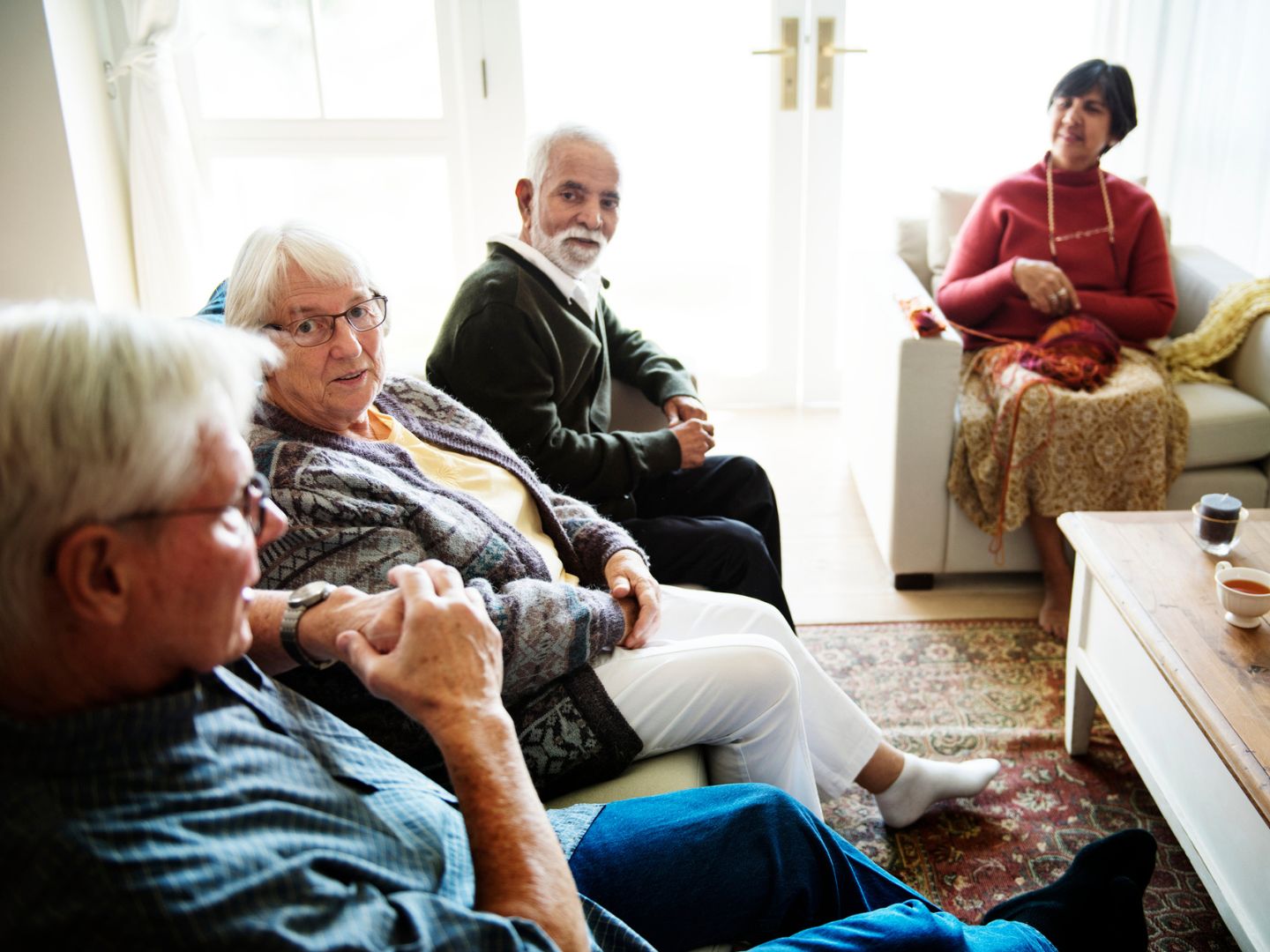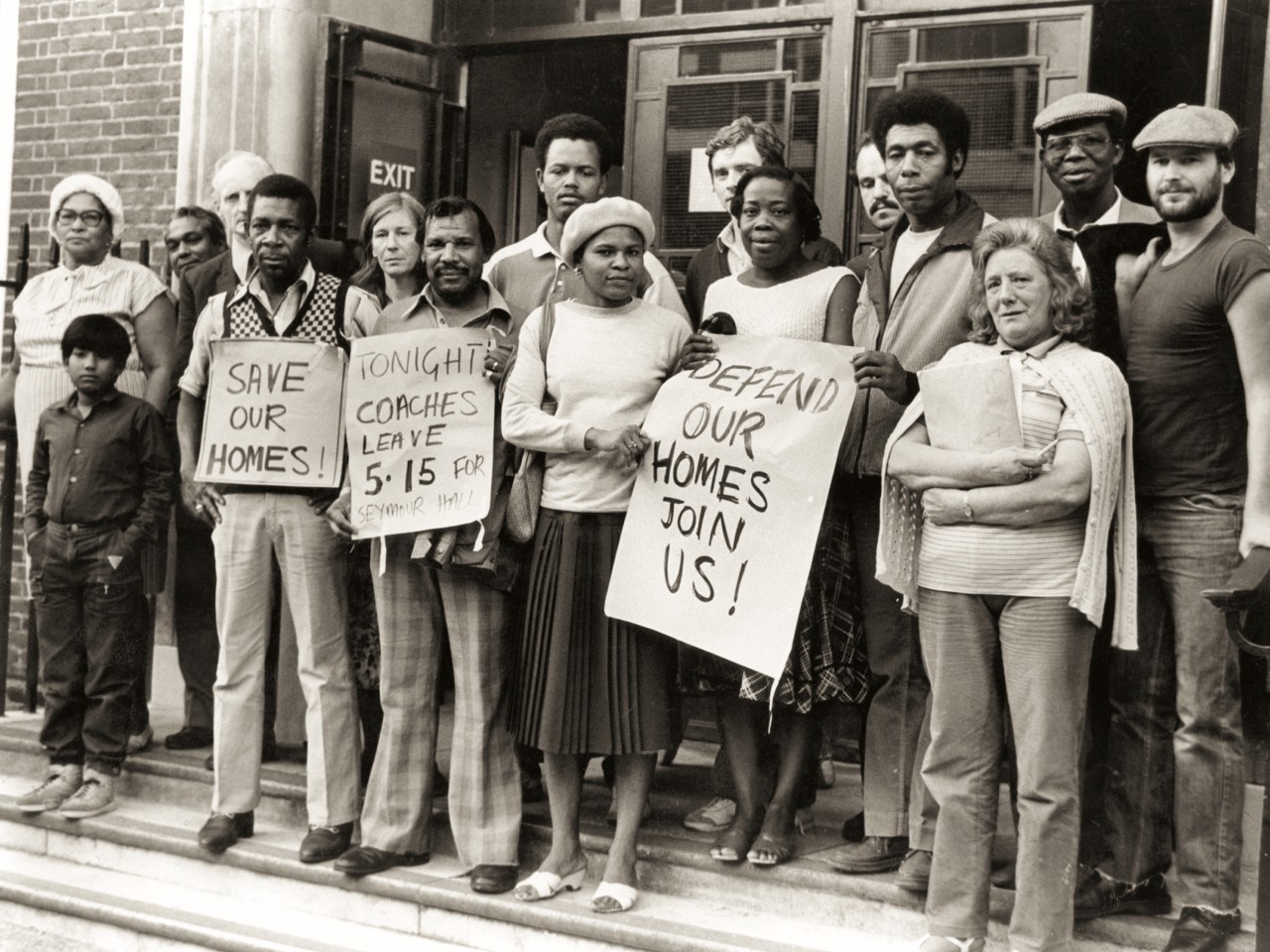Ireland is confronting the imminent prospect of an ageing population. Planning for how policy makers, funders and service providers, including Approved Housing Bodies (AHBs), are going to create the kinds of housing, supports and care services is much needed. Here, Liz Zacharias sets out the current needs, challenges and sector requirements.
Data on an ageing population in Ireland
The Housing Agency’s ‘Summary of Social Housing Assessments 2024’ key findings report identified that:
- The proportion of households with a main applicant over 60 years of age is growing year on year and now makes up 12% of total households. This is a 4.8 % increase on the proportion of households in this age range in 2016 (7.2%).
- The count of households with a main applicant aged 70 years or more increased since the last assessment from 2,108 households in the 2023 count to 2,208 households in 2024 (an increase of 4.7%).
There is also a range of figures regarding the projected growth in the older population.
- A Department of Health report (published December 2024) projected that over the next 20 years the 65-74 age group will increase by 60%, while the 85+ age group by 150%.
- Central Statistical Office estimates that the older population would grow from 15% of the Irish population in 2022 to between 28% and 32% of the Irish population.
Furthermore, a lot of research and policy work has set out the issues, identifying the need for more age-appropriate housing and a wider more age friendly society. For example, a pathfinder project has been funded and delivered a new supported housing model at Inchicore. (See: A pioneering model of supported housing – Housing Ireland Magazine.)
There is also currently a Commission on Care for Older People underway looking at the provision of health and social care services and supports for older people. This commission must look at both the provision of home care services; how care can be provided to older people in specialist housing and arguably more importantly how care is defined.
Key issues for Older People’s Housing
Our recent work with AHBs on issues related to older people’s housing identified the following issues:
- Funding: There is no clear funding framework that takes account of the additional costs incurred in building specialist housing for older people – funding for communal areas such as communal lounges, social activity spaces etc being a case in point.
- Types of care: There is no recognition that, while some older people may not require physical or nursing care, many still need support to manage their home and lives independently. This support typically includes:
- Help with cleaning, laundry, and shopping
- Assistance with small repairs or ‘housekeeping’ tasks, such as changing lightbulbs
- Guidance to access essential services
- Encouragement and facilitation to participate in social or community activities.
Such support enables independence and provides advocacy for accessing broader services beyond traditional care.
Other issues include:
- Support funding: Linked to the above there is no recognised funding stream for providing this kind of support.
- Age-appropriate building targets: There’s no formal programme or target to expand age-appropriate or specialist housing, despite active development and clear sector appetite.
- Finance model: There is no finance model for creating this housing to meet the needs of different markets, housing for sale, rent or cost rental.
The focus of Government policy is to retain people in their existing homes and communities, and this is generally what older people want. However, remaining in their own homes does not need to mean an existing home when it is not fit for purpose, they are unable to adapt it to make it fit for purpose, or it is under-occupied.
Providing alternative suitably adapted accommodation and care, has the potential to release under-used family sized housing and to contribute to reducing Ireland’s housing crisis.
Key takeaways from our webinar
To discuss these issues in some detail Campbell Tickell hosted a webinar chaired by myself and John O’Connor, Associate Consultant, on 3rd September. Many thanks to our excellent panellists (see Box 1) who contributed, and the 120 people from local authorities, government departments, Approved Housing Bodies and charities who attended – all concerned with the housing needs of an older population.
The key takeaways from the webinar were:
- Demographic urgency: Many more homes suitable for older people will be needed, alongside planning for an increased demand for care and community infrastructure.
- Care spectrum: Ireland needs a range of housing options, from independent living to specialist care, with clear pathways between them and integrated support
- Policy & funding: Funding models need reform to encourage new build housing for older people: homes that are accessible, with communal facilities and allow for increasing care needs; homes that meet the diversity of older people’s tenure and income.
- Design matters: Universal and dementia-friendly design enables independence, safety, and ageing in place.
- Health and social wellbeing: Clearly recognise the need for health and social wellbeing initiatives as a core part of the older persons housing offer as distinct from personal care and that this also needs to be funded.
- Community connection: Loneliness and isolation are major public health concerns. Housing must support social inclusion and resident-led community building.
- Cross-departmental collaboration: Ireland was the first WHO-recognised age-friendly country and ongoing cross-government collaboration is a strength to build on.
- Rural inclusion: Community-led models show what’s possible. Rural housing needs more support and recognition.
- Strategy: And finally, a national strategy for older person’s housing is essential!
There is now an opportunity to design a framework and system that can ensure that all older people in Ireland have a home that is safe, secure, easy to manage and maintain. Alongside this that they can remain connected with their community, sustain their wellbeing, and receive the care they need when they need it.
Ireland has been recognised by the World Health Organisation as a leader in creating an Age Friendly Society, creating a funding and policy framework to support the housing aspirations of older people will greatly enhance Ireland’s role as a leader in this area.
Watch the full webinar
Webinar panellists – 3rd Sept 2025
- Bruce Moore, CEO, Housing 21
- Declan Gaffney, National Technical Programme Manager, Age Friendly Ireland
- Dr Emer Coveney National, Programme Manager, Age Friendly Ireland
- Joe Gallop, Clann Housing Manager, Clúid Housing
- John Hannigan, CEO, Circle VHA
- Kath Cottier, CEO, Fold Housing
- Roslyn Molloy Head of Policy, Practice & Communications, The Housing Agency
- Dr. Jerry Cowley, Institute of Rural Health, Co. Mayo
To discuss any issues that from the webinar, or for support in Older People’s Housing, please feel free to get in touch with our health, care and support team:
Liz.Zacharias@campbelltickell.com or Holly.Holder@campbelltickell.com.



